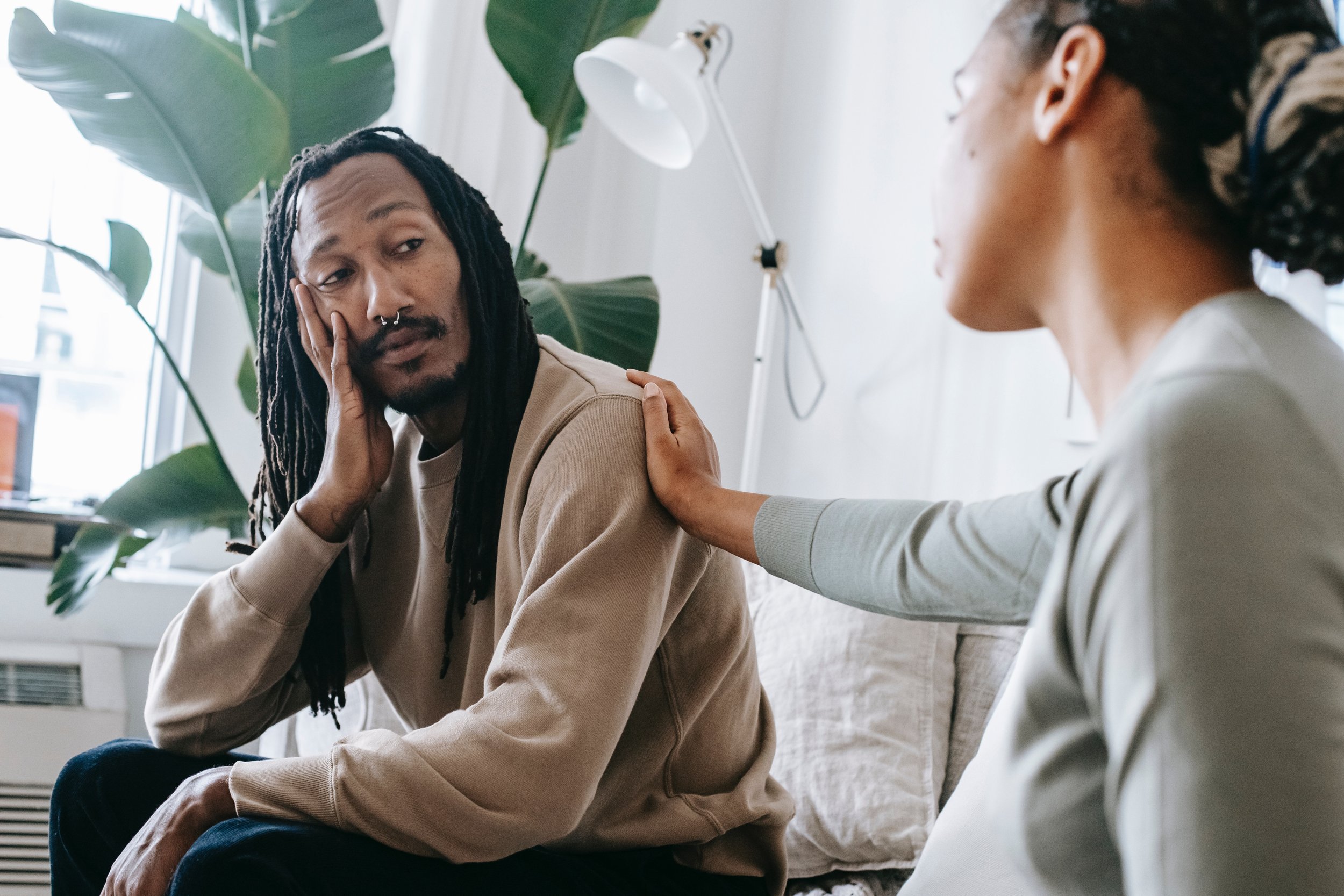
ON THE BLOG
Featured posts
top picks
These 25 needs are not “unreasonable” or “too much.”
If we’ve spent our lives surrounded by neglectful, distant, or emotionally unavailable people, we may believe that basic needs for affection, fairness, intimacy, and support are unreasonable because those close to us have historically been unable to meet them.
The Big List of Reasonable Needs is a non-exhaustive list of needs that people-pleasers tend to discount as “too much” that are, in fact, completely reasonable needs to have in our relationships with others.


I people-pleased by giving consent for sex I didn’t want to have. (Newsweek)
Many recovering people-pleasers have a painful history of saying yes to sex when their bodies say no. It’s a common phenomenon: consensual sex, freely given—but unwanted. These experiences don't fit neatly into our culture's narrative of "perpetrator" and "victim,” but this doesn't make the subsequent trauma we may experience any less valid.

Here’s how to stop people-pleasing in your romantic relationships.
Have you been involved in numerous one-sided relationships that are all give and no take? Do you have difficulty knowing and naming your own feelings and needs—especially when they’re different from your partner’s? Do you experience immense difficulty saying no, setting boundaries, and setting limits with your partner? Do you find yourself repeatedly losing your sense of identity in your romantic relationships? Here’s how to break the pattern.





How I stopped trying to control my partner and took responsibility for my own happiness.
Have you been attempting to control your partner without realizing it? You might be surprised to learn how often your own attempts to "help," "fix," or "heal" others are manipulation in disguise. Here are six concrete strategies you can use to notice — and break — these controlling patterns.

Get my book, STOP People Pleasing and Find Your Power
A step-by-step guide to speaking up, setting empowered boundaries, and becoming your own best advocate.






